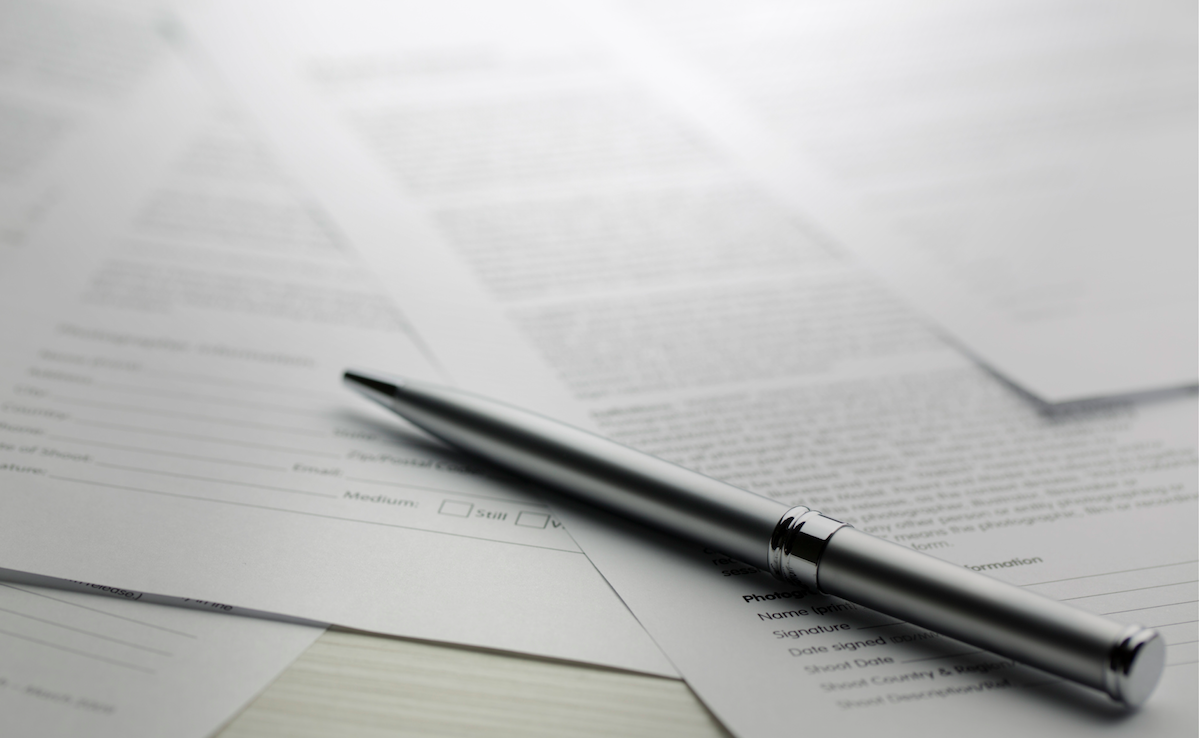Bail bonds are a tricky business. Most people don’t know how they work, how to get one, or even how much they cost. Today, we will discuss one important component of bail bonds: Co-signing. By the end of this post, you should know everything you need to know about setting up and becoming liable for a bail bond.
A co-signer, or indemnitor, has a number of responsibilities. To begin with, these are the people who contact a bail agency and coordinate the bond to make sure a defendant gets out of jail. When you do this, you will have to do a number of things.
First, you are responsible for paying the premium on a bail bond. Typically, a premium is a payment that equals 10 percent of the bond amount. This can be looked at like a service charge, or down payment, that is nonrefundable. It is important to note that bail bonds last a full year. If a hearing extends beyond a year, the co-signer has the choice to pay another premium equal to the first or not pay the premium, meaning the defendant will have to find another indemnitor or go back to jail.
As a co-signer, or the person who puts up collateral, it will be your duty to make sure the defendant shows up in court. This is paramount, too, since a court absence may result in forfeiture, or when your collateral is put on the line to cover the full bail amount.
To ensure this doesn’t happen, a co-signer’s main responsibility is to make sure the defendant shows up in court. If the defendant does skip a court date, however, the co-signer needs to contact the bail agency and let them know where the accused is so he or she can be picked up. If the co-signer doesn’t know, bail agencies can take steps like hiring a bounty hunter to track down the defendant.
There are a few things co-signers need to be aware of, too. For instance, lots of bail agencies allow co-signers to put stipulations on a bond such as making sure a defendant enters a rehab program, seeks counseling, or any number of other things. Also, co-signers have the option to cancel a bond. This may be the result of additional, alleged illegal actions.
Because co-signers sign promissory notes, hence becoming financially liable for the full bail amount of a defendant, they need to make sure they go to a bail bond agency they can trust. This is just one reason Bail Hotline, one of California’s top bail agencies, has done so well in the past few years. It has locations all over the state, bail agents by the phone ready and willing to answer any questions or concerns you may have, and a solid reputation. So if a time comes when you do need to co-sign a bail bond, make sure you have the right bail agency to back you up.
